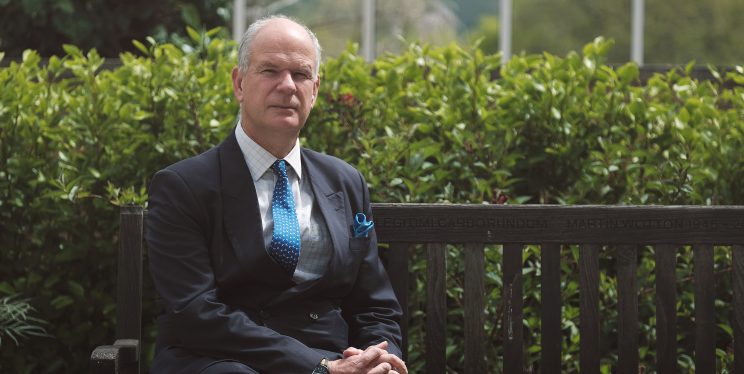Mark Shelford, Avon and Somerset PCC responds to the planned Bristol knife crime protest

I would like to acknowledge community concern about knife crime and incidents involving serious crime that are affecting our communities.
I understand the concerns of community leader Reverend Dawnecia Palmer, who has organised a protest in Bristol this weekend.
Knife crime and serious violence is a high priority concern of mine. As your PCC, I regularly discuss this with people across Avon and Somerset.
The right approach to tackling this cannot be through policing alone, working in partnership with those affected, community organisations and public health to get to the root causes is imperative.
I would like to acknowledge and thank our partners and local charities which we are working with to deliver many, varied and vital strategies including Growing Futures, Grassroots communities, Horn Youth Concern, Impact Mentoring, Full Circle, Robin Foundation, NAOS, Learning Partnership West, Freestyle, Free Talk Programme Ltd and Creative Powertown.
Earlier this year we published the results of a dedicated knife crime survey which was completed by over 2,500 people across Avon and Somerset.
Reducing knife crime is one of Avon and Somerset Police’s key priorities as a police service.
The Police work year-round to tackle knife crime and keep our communities safer. Using intelligence, weapons are confiscated and people carrying them are prosecuted.
We also know enforcement is not the only answer – we can’t police our way out of serious violence and knife crime, the causes are complex and multi-faceted. We are working alongside communities and other partners to improve the life outcomes of our young people, as we recognise that many of the people involved are vulnerable and need support.
Avon and Somerset Police is committed to installing 144 bleed kits designed to be instantly accessible in an emergency. They include trauma dressings and tourniquets to help manage bleeds as well as nitrile gloves, scissors, and a colour-coded instruction guide.
New weapon surrender bins were installed in Castle Park and Knowle in Bristol earlier this year following requests from the community bringing the total number of bins to 15. Since 2016, there have been over 4,000 knives and weapons surrendered through the existing bins.
One of the key elements in preventing serious violence and knife crime is the vital work by the Violence Reduction Partnerships (VRPs). Over the last financial year, the VRP has supported over 850 local young people at-risk or involved in violence to receive targeted interventions.
With a spotlight on the Bristol VRP ahead of the protest this weekend, here is a summary of the work is being done in the city:
Community mentoring – 1 to 1 support is an important aspect of crime prevention. Ongoing community mentoring and youth work delivers bespoke individual, trauma informed support which predominantly targets boys and young men who are disproportionately affected by knife crime and often underrepresented in other emotional, social and health services.
Parenting support groups – Support for parents and carers of children and young people involved and/or on the periphery of Serious Youth Violence and exploitation includes peer and 1 to 1 support to develop community networks. This is designed to build safety, non-violence reduction strategies and protection for siblings affected.
Detached youth work – This involves meeting young people where they are in hot spot areas across the city and engaging with them to develop relationships. The workers provide support to help young people make positive choices and understand the consequences of poor choices including becoming involved in gangs, drugs or anti-social behaviour. Youth workers can signpost young people to services which can help them. This includes pop-up youth activities, responding to serious incidents, safeguarding assessments and late-night detached work.
Education inclusion – Specialist educational resources with training for teaching staff on issues affecting young people are available. Schools are offered resources and advice so they can support pupils to help them remain in school and avoid criminalisation.
Girls and young women’s work – Gender specific group work in schools and communities helps build resilience, self esteem and confidence in young women and girls. This focuses on prevention of exploitation and developing healthy relationships.
Prevention workshops – Workshops are organised to raise awareness and promote specific campaigns which have been co-created with young people covering topics such as serious youth violence, exploitation, County Lines, knife crime and negative influences of social media. A vital element of this is working with young people to raise their aspirations.
Group work – Project workers create open and safe spaces for young people to share their experiences, challenges, and perspective. They are supported with decision-making and goal setting. This work is done in partnership with local youth organisations and is centred around identifying friendship groups of young people aged 11-25 involved in Child Criminal Exploitation and serious youth violence to manage conflict and improve relationships.
